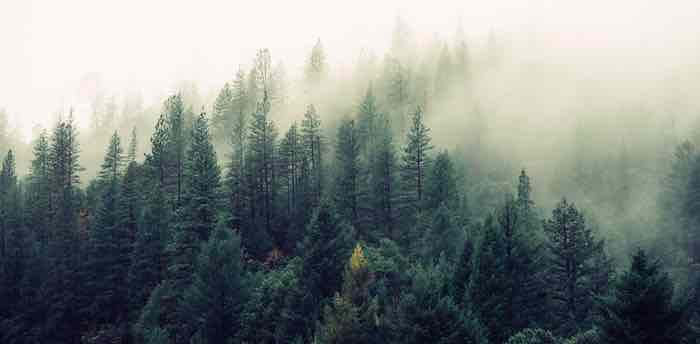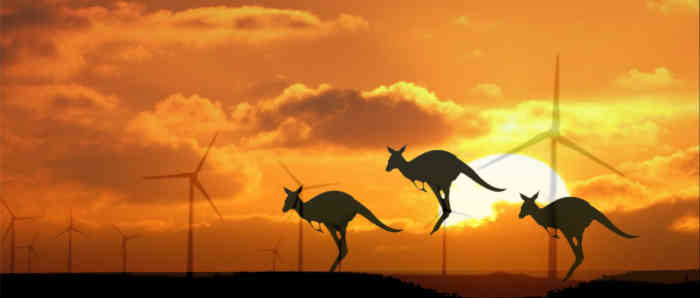High Electricity Cost From Wind and Solar
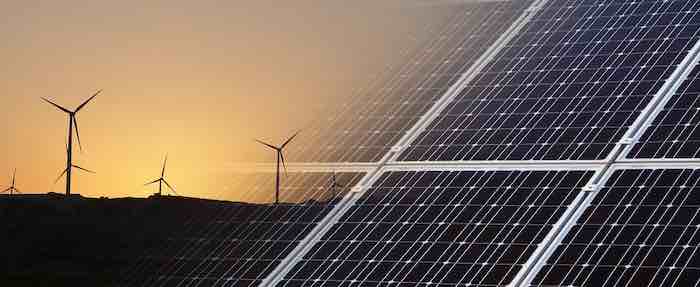 Some European countries, particularly Germany and Denmark, have invested heavily in electricity generation from solar and wind sources with the result that the cost of electricity has increased substantially. 1
Some European countries, particularly Germany and Denmark, have invested heavily in electricity generation from solar and wind sources with the result that the cost of electricity has increased substantially. 1
- Monday, April 2, 2018

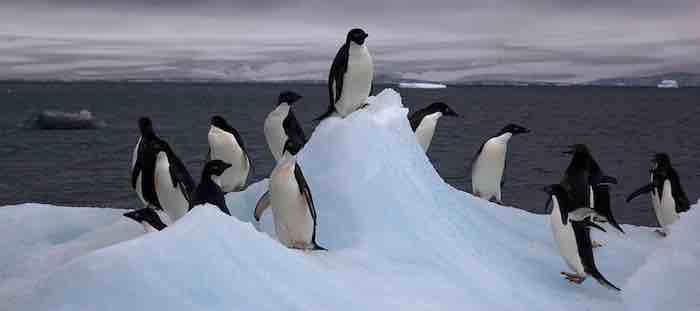 Biologists studying animal life on Antarctica believed that a particular species of penguin was in peril, undergoing precipitous population decline since the 1970s. However, new findings show a massive discovery of the black-and-white seabirds—mainly because researchers missed looking on one group of islands on the tip of the continental peninsula. 1
Biologists studying animal life on Antarctica believed that a particular species of penguin was in peril, undergoing precipitous population decline since the 1970s. However, new findings show a massive discovery of the black-and-white seabirds—mainly because researchers missed looking on one group of islands on the tip of the continental peninsula. 1
 Many folks worldwide live in constant fear of chemicals. High up on the list are volatile organic compounds (VOCs), such as hydrocarbons, which vaporize easily. VOCs come from gasoline combustion and from evaporation of liquid fuels, solvents, and organic chemicals such as those in some paints, cleaners, nail polish remover, soaps, pesticides, and even we humans.
Many folks worldwide live in constant fear of chemicals. High up on the list are volatile organic compounds (VOCs), such as hydrocarbons, which vaporize easily. VOCs come from gasoline combustion and from evaporation of liquid fuels, solvents, and organic chemicals such as those in some paints, cleaners, nail polish remover, soaps, pesticides, and even we humans.
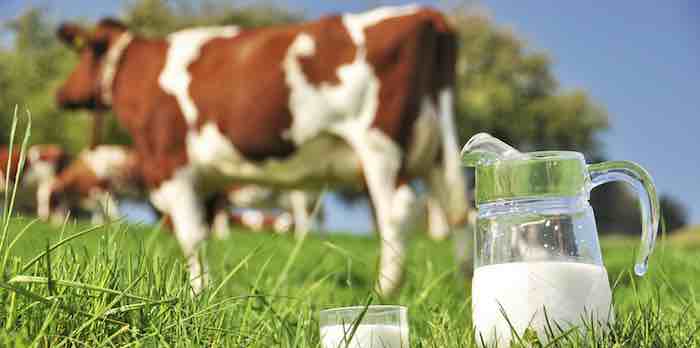 There are many reasons why some people think about drinking raw milk, which is milk that has not been pasteurized to kill harmful germs. Some people want to eat less processed food. Others have heard that raw milk contains more of certain nutrients than pasteurized milk, or that it can prevent or even solve various health problems. Still others think buying raw milk is one way to support local farmers and sustainable agriculture. 1
There are many reasons why some people think about drinking raw milk, which is milk that has not been pasteurized to kill harmful germs. Some people want to eat less processed food. Others have heard that raw milk contains more of certain nutrients than pasteurized milk, or that it can prevent or even solve various health problems. Still others think buying raw milk is one way to support local farmers and sustainable agriculture. 1
 'Tuvalu, the poster child for sea level rise, is not shrinking but rather is actually growing!
Tuvalu's prime minister has said that Tuvalu was 'the world's first victim of climate change,' and that 'the greenhouse effect and sea level rise threaten the very heart of our existence.' 1
'Tuvalu, the poster child for sea level rise, is not shrinking but rather is actually growing!
Tuvalu's prime minister has said that Tuvalu was 'the world's first victim of climate change,' and that 'the greenhouse effect and sea level rise threaten the very heart of our existence.' 1
 There are a lot of mixed messages about alcohol. On the one hand, moderate amounts have been linked to health benefits. On the other hand, it is addictive and highly toxic when we drink too much of it.
There are a lot of mixed messages about alcohol. On the one hand, moderate amounts have been linked to health benefits. On the other hand, it is addictive and highly toxic when we drink too much of it.
 Whiskeys contain hundreds of compounds, including fatty acids, esters, alcohols and aldehydes, in a wide range of concentrations. The most important flavors in a whiskey come from the raw materials, the distillation process, and the maturation. 1
Whiskeys contain hundreds of compounds, including fatty acids, esters, alcohols and aldehydes, in a wide range of concentrations. The most important flavors in a whiskey come from the raw materials, the distillation process, and the maturation. 1
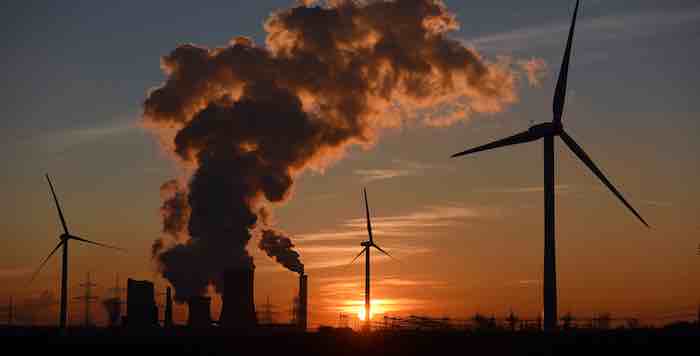 Germans like to think of themselves as the most environmentally friendly people on earth. They see their sophisticated recycling programs, their love of forests, and, most recently the country's drive to replace both nuclear and coal-fired power production with renewable sources—the so-called Energiewende,-- or 'energy turn' as evidence of their strong environmental consciousness, especially compared to top polluters like the United States and China. 1
Germans like to think of themselves as the most environmentally friendly people on earth. They see their sophisticated recycling programs, their love of forests, and, most recently the country's drive to replace both nuclear and coal-fired power production with renewable sources—the so-called Energiewende,-- or 'energy turn' as evidence of their strong environmental consciousness, especially compared to top polluters like the United States and China. 1
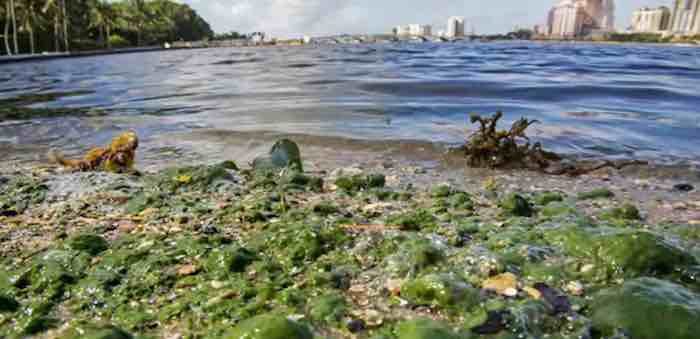
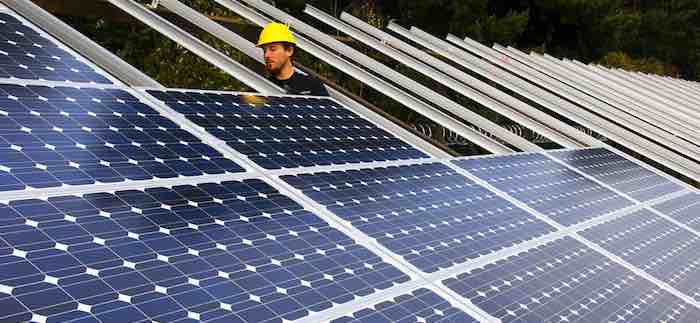
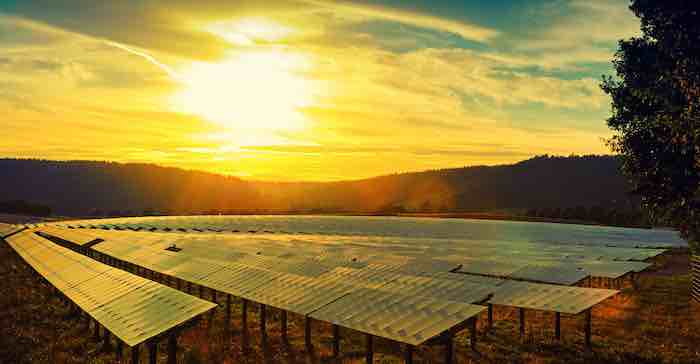

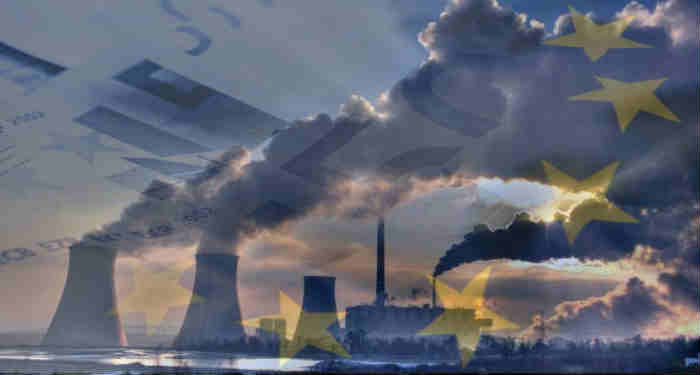 Ten years ago EU leaders said that a technology called carbon capture and sequestration, also known as carbon capture and storage (CCS) should be deployed with new fossil-fuel power plants by 2020. 1
Ten years ago EU leaders said that a technology called carbon capture and sequestration, also known as carbon capture and storage (CCS) should be deployed with new fossil-fuel power plants by 2020. 1
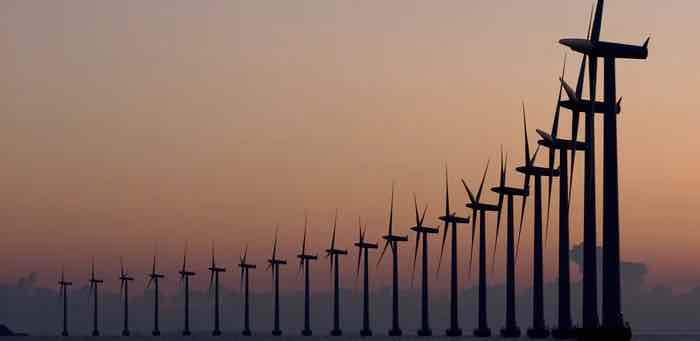 The drumbeat for a fossil fuel free energy utopia continues. But few have pondered how we will supposedly generate 25 billion megawatts of total current global electricity demand using just renewable energy, wind turbines, for instance. For starters, we're talking about some 830 million gigantic 500 foot tall turbines requiring a land area of some 12.5 billion acres. That's more than twice the size of North America, all the way through Central America reports Paul Driessen. 1
The drumbeat for a fossil fuel free energy utopia continues. But few have pondered how we will supposedly generate 25 billion megawatts of total current global electricity demand using just renewable energy, wind turbines, for instance. For starters, we're talking about some 830 million gigantic 500 foot tall turbines requiring a land area of some 12.5 billion acres. That's more than twice the size of North America, all the way through Central America reports Paul Driessen. 1
 Worldwide wind speeds have slowed down by about half a kilometer per hour (0.3 miles per hour) since the 1960s according to researchers. 31
The phenomenon is known as 'stilling', and scientists are not sure why it is happening. They speculate that it may have something to do with urbanization, climate change and cumulus clouds. But then researchers admit: “Or it could be due to aging wind speed instruments producing inaccurate results.”
Worldwide wind speeds have slowed down by about half a kilometer per hour (0.3 miles per hour) since the 1960s according to researchers. 31
The phenomenon is known as 'stilling', and scientists are not sure why it is happening. They speculate that it may have something to do with urbanization, climate change and cumulus clouds. But then researchers admit: “Or it could be due to aging wind speed instruments producing inaccurate results.”
